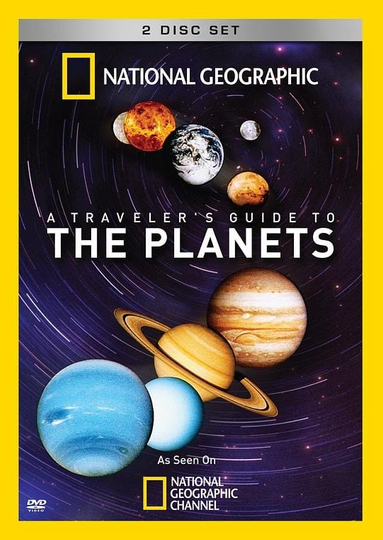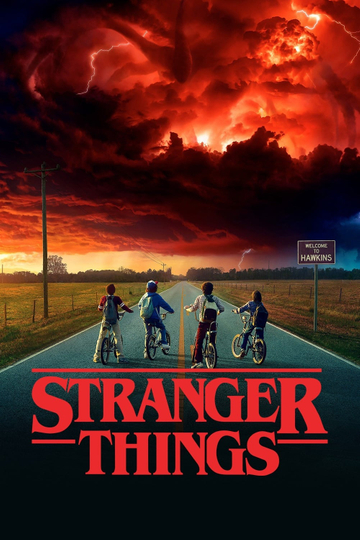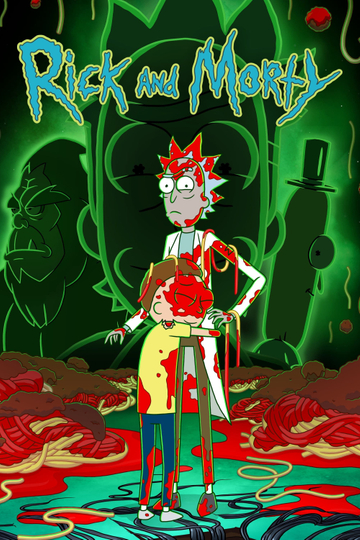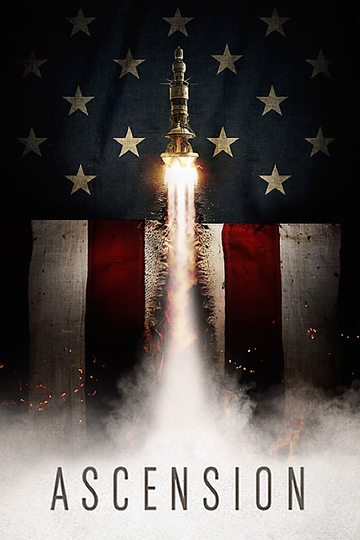Season 1 Episodes
1. Saturn
From Earth, Saturn's rings appear solid, but they are actually made up of chunks of rock and ice. They look spectacular, but navigating around them - and the planet's more than 60 moons - would be a nightmare for travelers. We travel through the rings for a stunning CGI tour of this gaseous giant.
2. Jupiter
A dive below the clouds reveals the planet's strange secret: It's really more like a star in composition. See what today's bigger and better telescopes are revealing about the moons in Jupiter's extraordinary kingdom, from Io, a spicy world of fire and brimstone, to Europa, where a warm, salty ocean hides beneath the surface.
3. Mars
Mars is the ruby jewel in our night sky and arguably the hottest travel destination in the Solar System. Thanks to a robot invasion from Earth that began in the 1960's, we probably know more about Mars than every other destination in the Solar System combined. Not bad for a planet so cool that the average summer temperature makes a winter in Antarctica seem positively balmy. It might be freezing, there might be nothing for a human to breathe, but of all planets we know this rocky, red one is the most similar to home. Pack a good spacesuit and plenty of oxygen and ...
4. Venus and Mercury
A Traveler's Guide to the Planets takes you on a tour into the Solar System's Hot Zone to visit the two planets both laying claim to the title of 'Real Hell'. While tiny Mercury blisters in the roasting glare of the Sun, cross over to the dark side and you'll find the temperature plummets over a thousand degrees. Back away from the Sun to cool off and we encounter Venus, our nearest neighbor. Smothered by a climate gone mad, a romantic visit to our sister planet's tortured scenery means diving into an atmosphere hot enough to melt lead, where acid smog eats bare metal...
5. Neptune and Uranus
Head into the ice zone to learn the secrets of two world's which are impossible to fathom. Uranus, an icy gas giant with an atmosphere composed of a cosmic cocktail of hydrogen, helium and methane, is so distant from the sun that it takes 84 years to orbit the sun. Neptune, its vibrantly blue neighbor, takes nearly twice that long. Rocket to the far reaches of the solar system, where a trip to these remote worlds has long been a mystery tour.
6. Pluto and Beyond
Pluto is so far away from Earth that it is a mere pinprick of light in our powerful telescopes. Locked in a gravitational dance with its largest moon Charon, this frozen outpost is simply the first discovered body in an unseen swarm of icy worlds. Learn what it would take for humans to journey to the uncharted limits of our solar neighborhood and what NASA scientists think we'll find when we get there.
















































